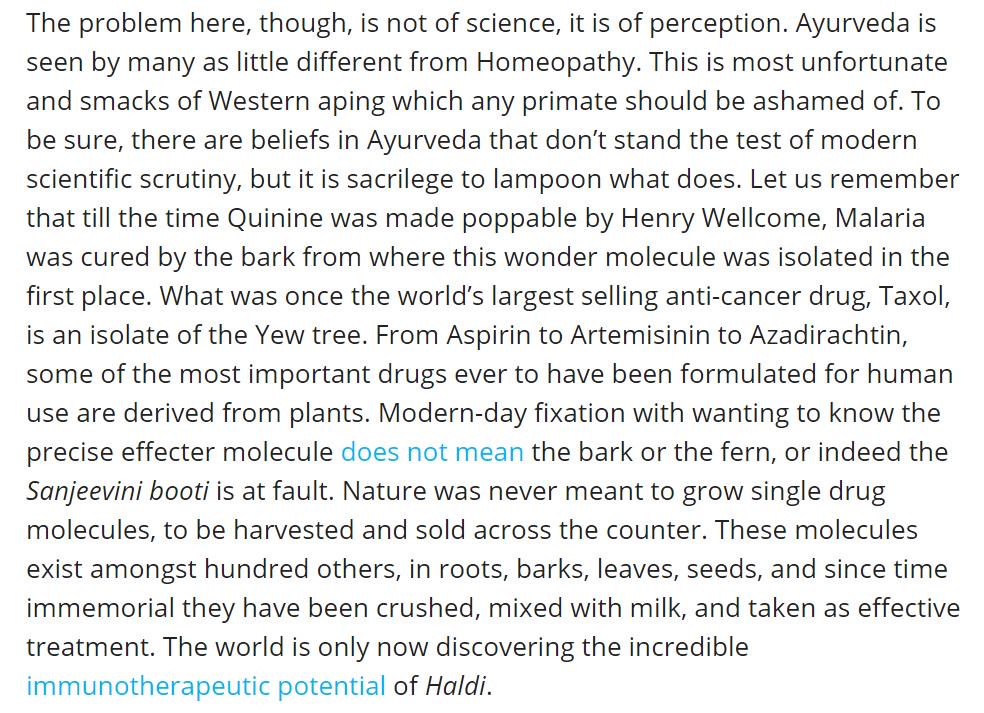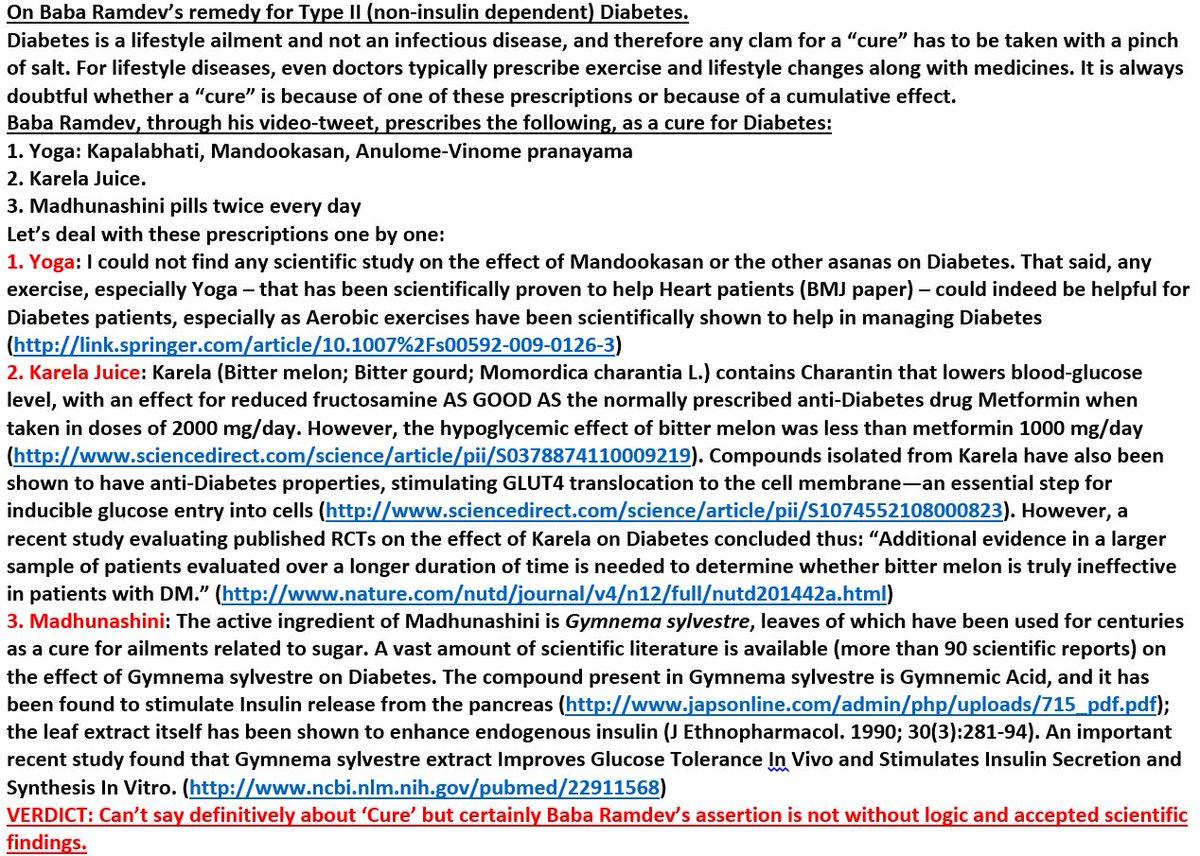I've been reading a paper this last couple of days and realised that in my years as a PhD student I've learnt of a few tools/techniques that make my reading far more time-efficient. I thought I'd share some of them here.
Before I invest too heavily in this paper (second reading, skimming the references I’m not familiar with etc.) I'd like to understand the context of this paper.
Did it cause a revolution? Was it panned? Have the ideas in it been developed/usurped since?
So, clicking through the @scite link (takes me here: scite.ai/reports/10.101…) shows me snippets of text from the papers which cite this paper.
HT to @dsquintana for showing that threads about academic things are cool and can be useful.
Please reply with ways I can do this better.




